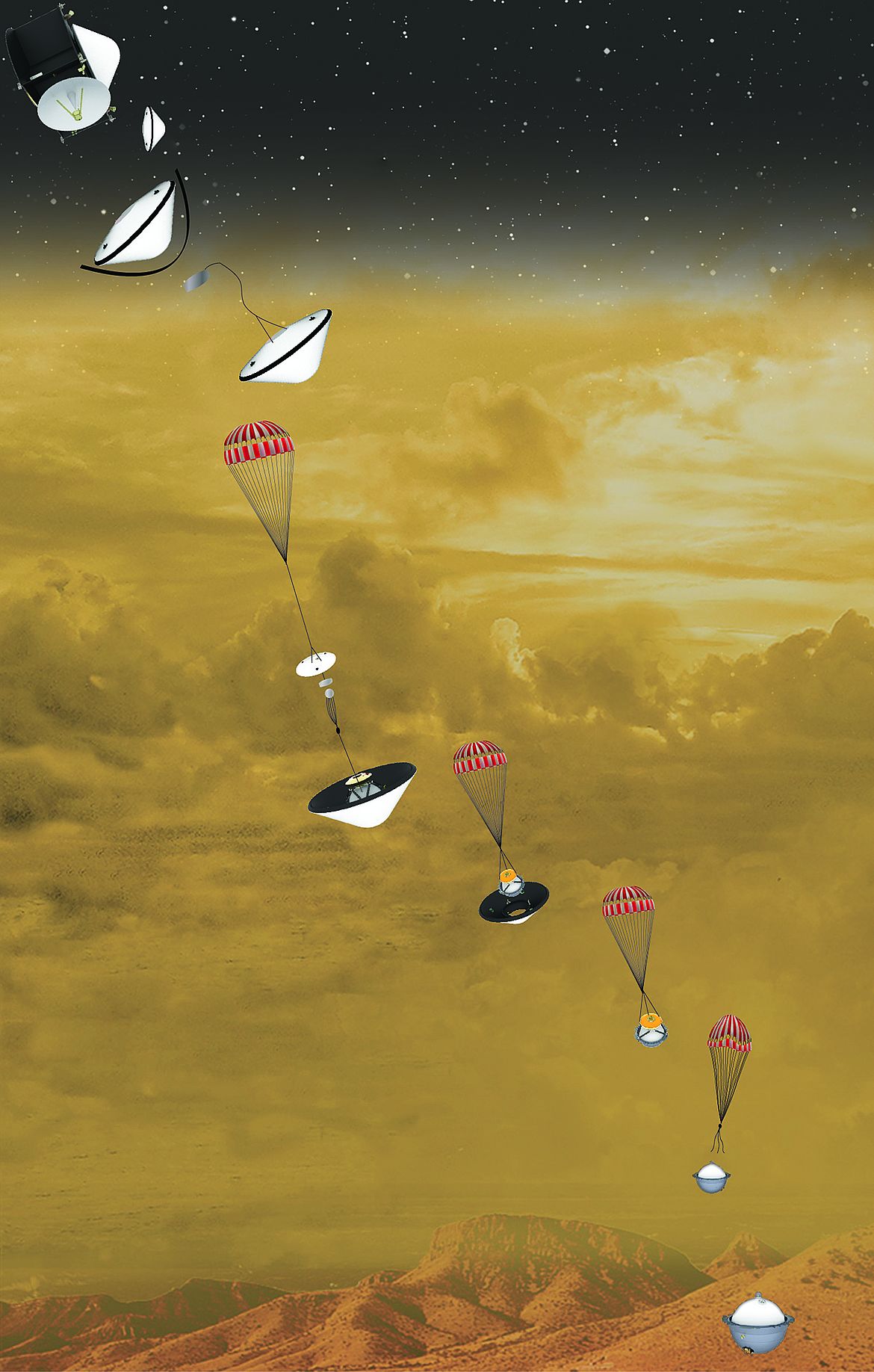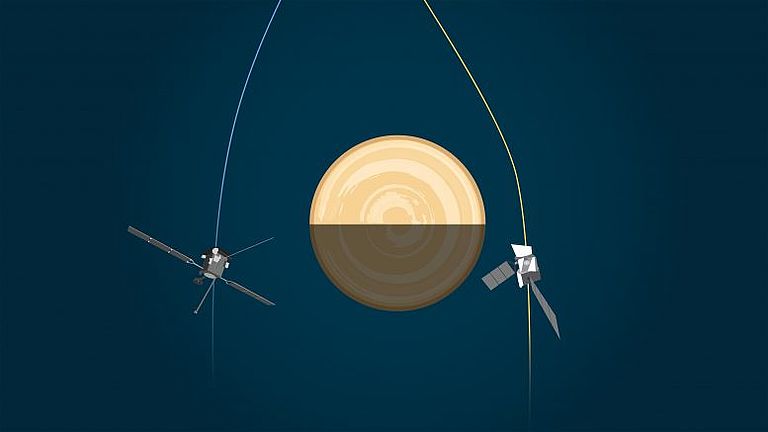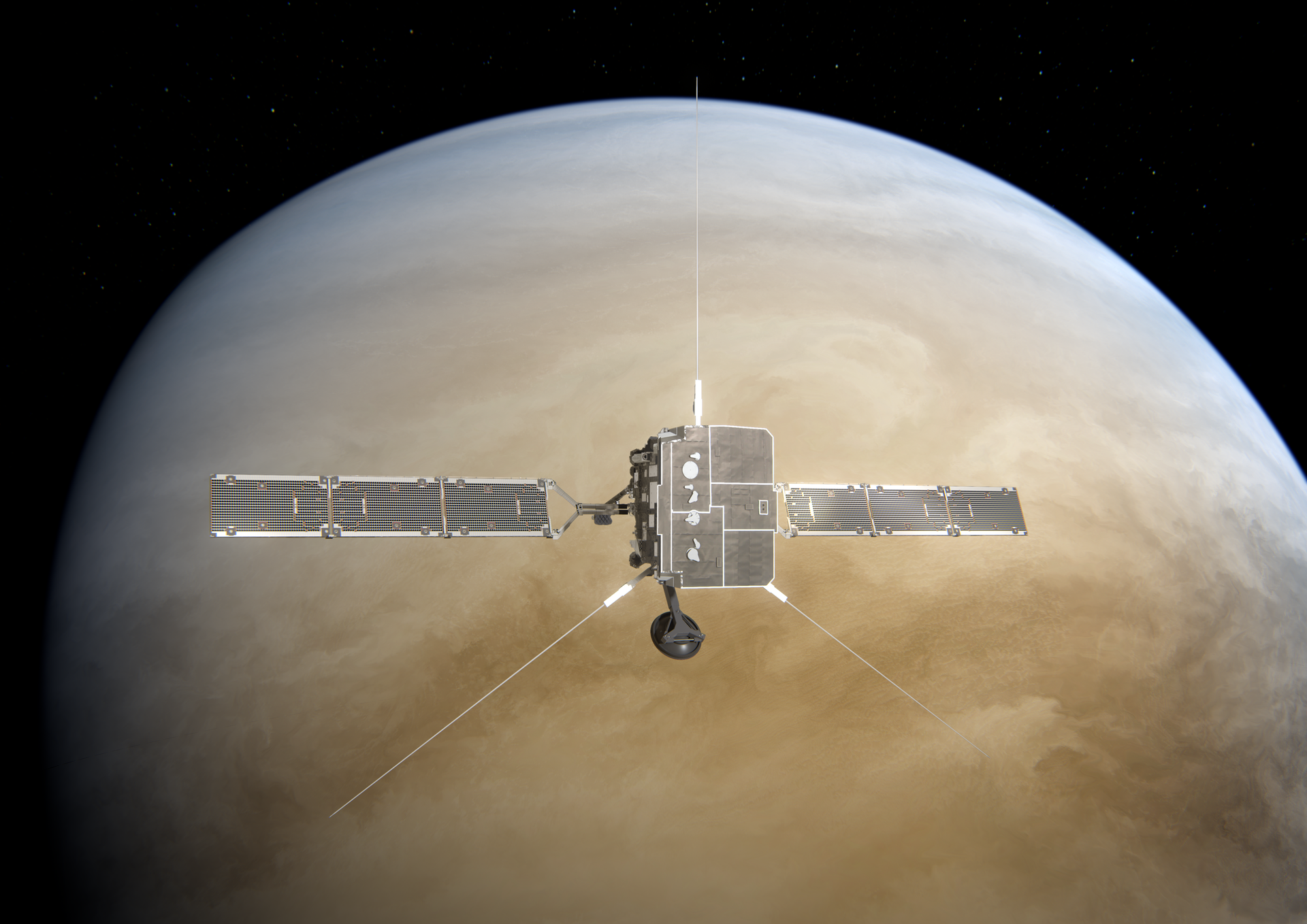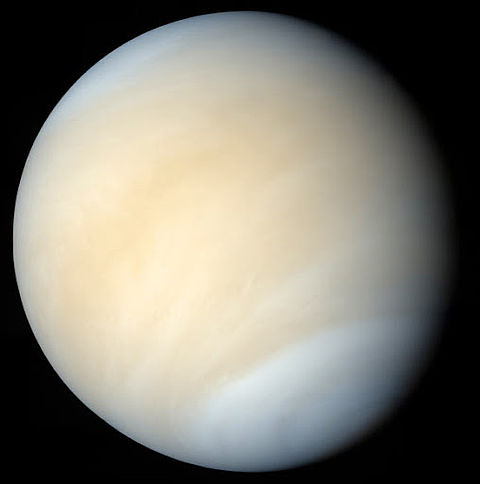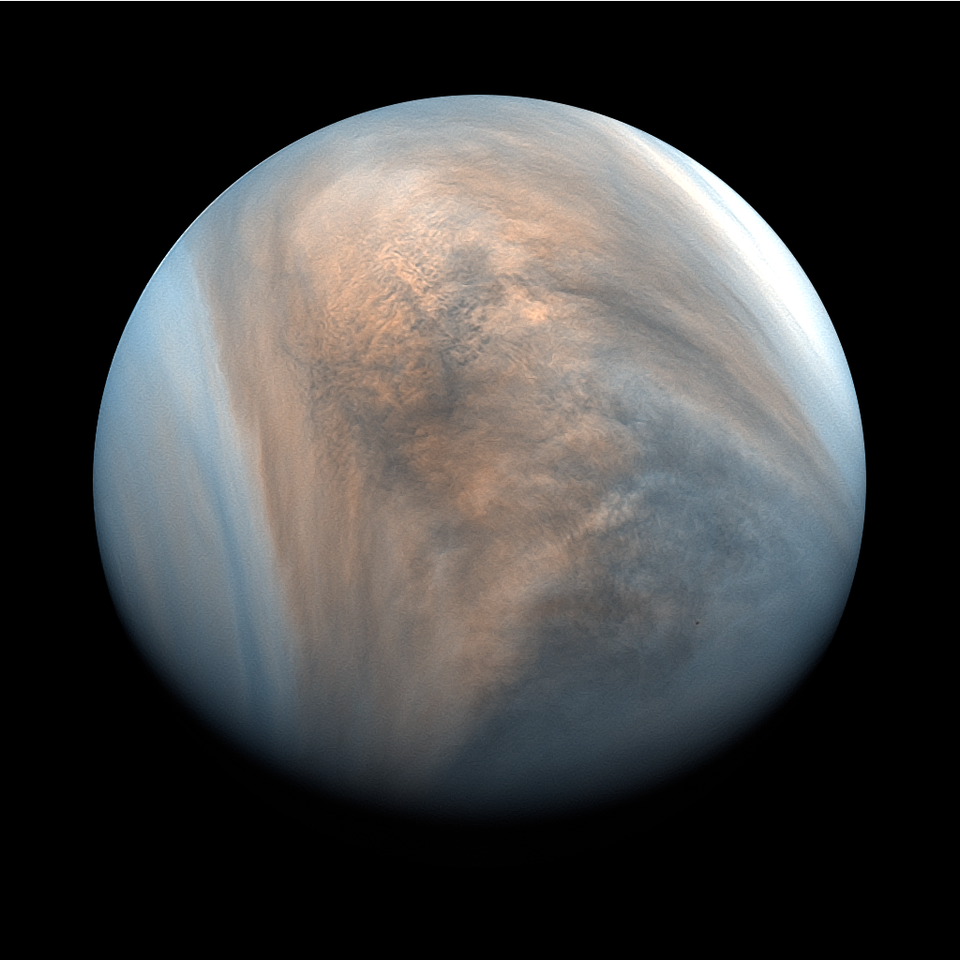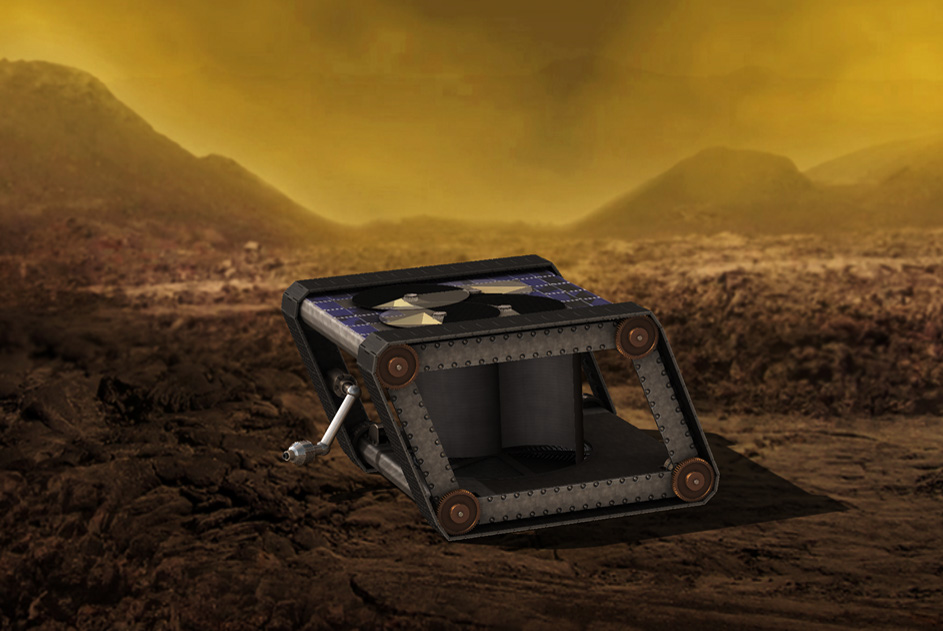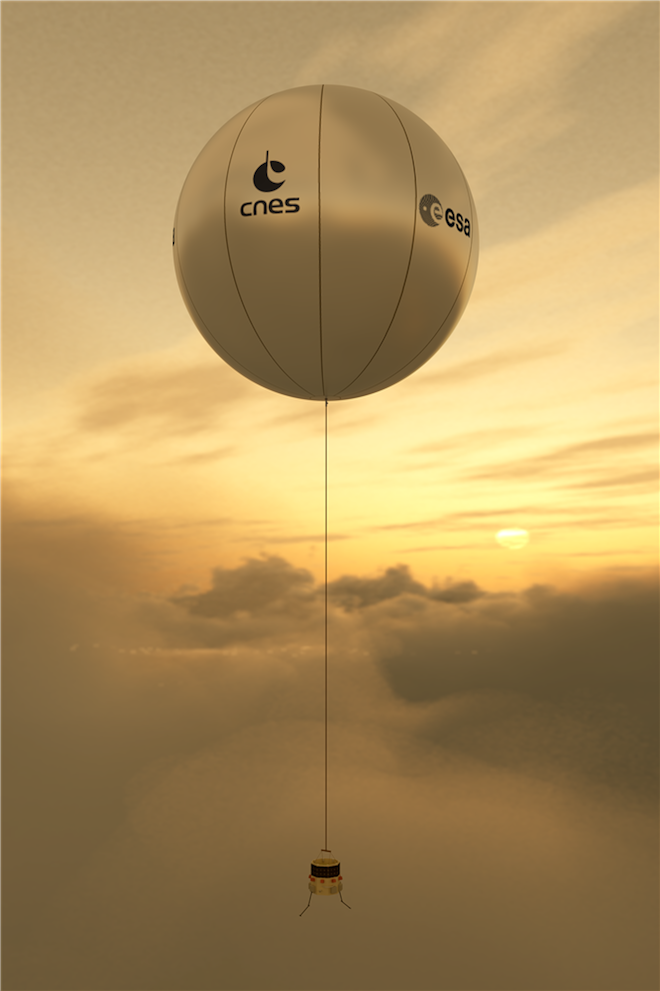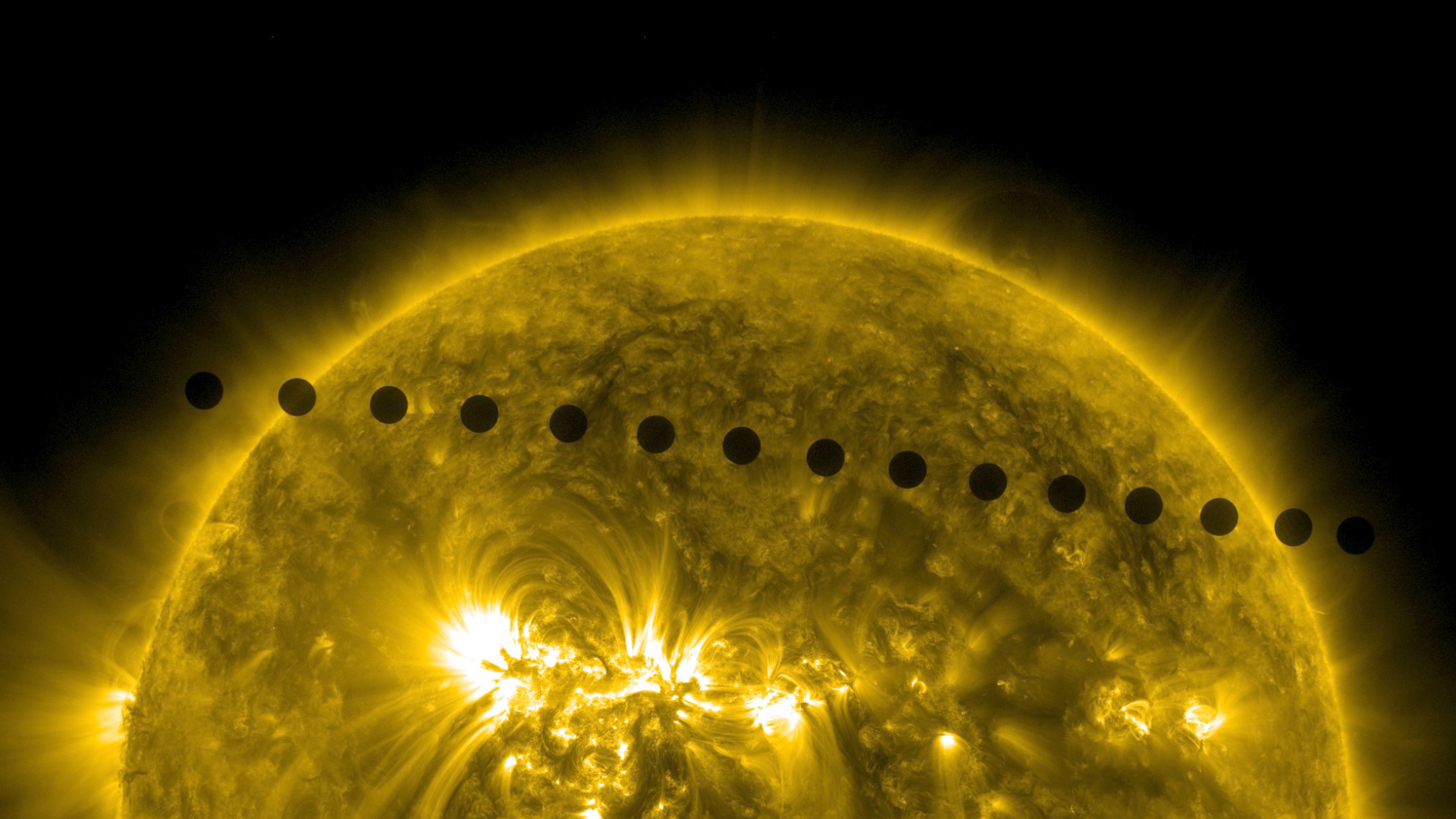"Venus Express", the first and so far also the last European Venus probe, was launched on November 9, 2005. The data collected by the probe in the atmophere of the planet between 2006 and 2014 contributed to our understanding of the greenhouse effect and provided scientists with insights into the climate development of Earth. Jan Wörner, Director General of the European Space Agency ESA, is convinced that further missions to Venus would not only provide additional data about Earth's closest neighbor but also have a direct benefit for Earth.
Mr. Wörner, Marco Fuchs has proposed a European mission to Venus. What is your take on that?
We have already been to Venus with the “Venus Express” probe. During this mission it was discovered that there is a very strong greenhouse effect on Venus. This knowledge has enabled climate researchers to understand the greenhouse effect on Earth. This makes Venus very interesting for us.
Even so, the entire space industry appears to be devoting its attention to Mars.
Mars is presumably on the verge of a fate that Earth may also face in the future, namely extreme drought. So, both planets are worth exploring. That is why Marco Fuchs’ initiative is to be applauded. That said, a journey to Venus is even more challenging because the planet is closer to the sun. But I think it would make sense to fly to Venus and maybe even to land there.
What time scales are we realistically looking at?
A flight to Venus does not take that long (laughs). Seriously, I know what you mean. Well, currently we do not have a Venus mission in our program but could conceivably have one in four to five years’ time. That means that we could get there in eight to ten years.
India apparently wants to land on Venus as early as 2024 ...
That will not be possible for Europe because we have already committed all the available funds for that period. Mars is currently the focus of our attention. But again, Venus is very interesting!
Is this because we can expect to find traces of life there?
It was long thought that life can only exist on Earth - except for the Martians, of course (laughs). By the way, there is a nice little story: an astronomer once observed Mars through a telescope and discovered channels he had not seen in his previous observation. So he said, they must work incredibly fast up there ... Seriously, there may well still be traces of life on both Mars and Venus. Certainly not on the surface but quite possibly beneath it. Fundamentally speaking, it is rather more probable on Mars, although we might find traces of earlier life on Venus.
What are the reasons for embarking on a mission to Venus?
The most important aspects are curiosity and scientific interest. People are driven by curiosity, a fact that tends to be rather neglected in our society. And what few people know is that each of our previous missions has always produced a benefit for Earth. In the case of the Venus Express mission it was the understanding of the greenhouse effect. After the mission to the Churyumov-Gerassimenko comet, it was possible to develop an early warning system for forest fires. So, missions such as these repeatedly yield new technologies. And this will be no different with a future mission to Venus.
We might even end up discovering completely new forms of biology on Venus. What is your take on that?
I have talked a lot with biologists. They have always insisted that the same ingredients are always necessary for life, i.e. water and some kind of carbon. Biologists discount the possibility of life developing on a silicon basis, for example. Even so, I have enough imagination to conceive of the possibility of other forms of life existing somewhere out there.



